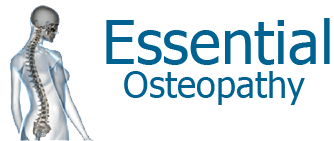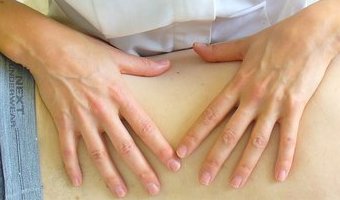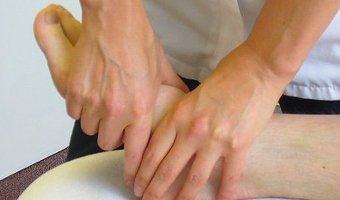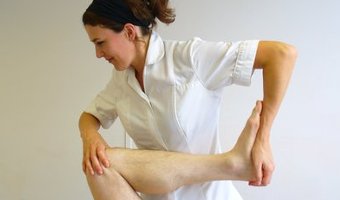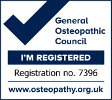Repetitive strain injuries
Repetitive strain injuries (RSI) affects as many 1 worker in every 50 in the UK. Affecting the upper body mostly – the hands, arms, back and shoulders, it results when a person repeatedly does the same action for long periods of time. It is predominantly associated with peoples’ jobs or occupation, such as working on computers or repetitive manual work, but can also be related to leisure activities. Activities can include performing tasks that involve force such as lifting heavy objects repetitively, avoiding rest while continuing with an activity, poor posture and working in awkward positions or in a cold environment.
RSI can present in 2 forms; the recognised medical condition such as tendinopathy, tennis elbow, rotator cuff syndrome or carpal tunnel syndrome, or where it doesn’t fit into a recognised condition and is more commonly referred to as non-specific or diffuse pain.
The symptoms can include: numbness, throbbing, tingling, tightness/cramp, tenderness and a sharp or dull pain. They initially are only present when doing the repetitive task but gradually they can be present all the time and get worse when returning to the task. It can eventually stop the person from doing routine work and other activities.
There are self help options:
- take regular short breaks to stretch and move your limbs at work
- change tasks regularly so you’re not doing the same thing for a prolonged period
- exercise such as yoga, pilates, swimming or yoga can help ease your symptoms
- rest the symptomatic area – but not for too long as this can weaken your muscles
- you may wish to take anti-inflammatory and/or pain killing medicine (advised by your GP)
Osteopathic treatment can help to reduce the symptoms and ease the problem by not only treating the symptomatic area but also looking further up the chain. For example, if you have RSI in your forearm, they will ensure that the elbow, shoulder, neck and upper back are all functioning correctly both from a muscular and joints aspect. Their work will encourage drainage of toxins and improve circulation and release tension in the area concerned. They will likely also give advice on exercises, stretches and adjuncts which can be used to reduce the symptoms, e.g. an epistrap to reduce the symptoms of epicondylitis or tennis elbow.
